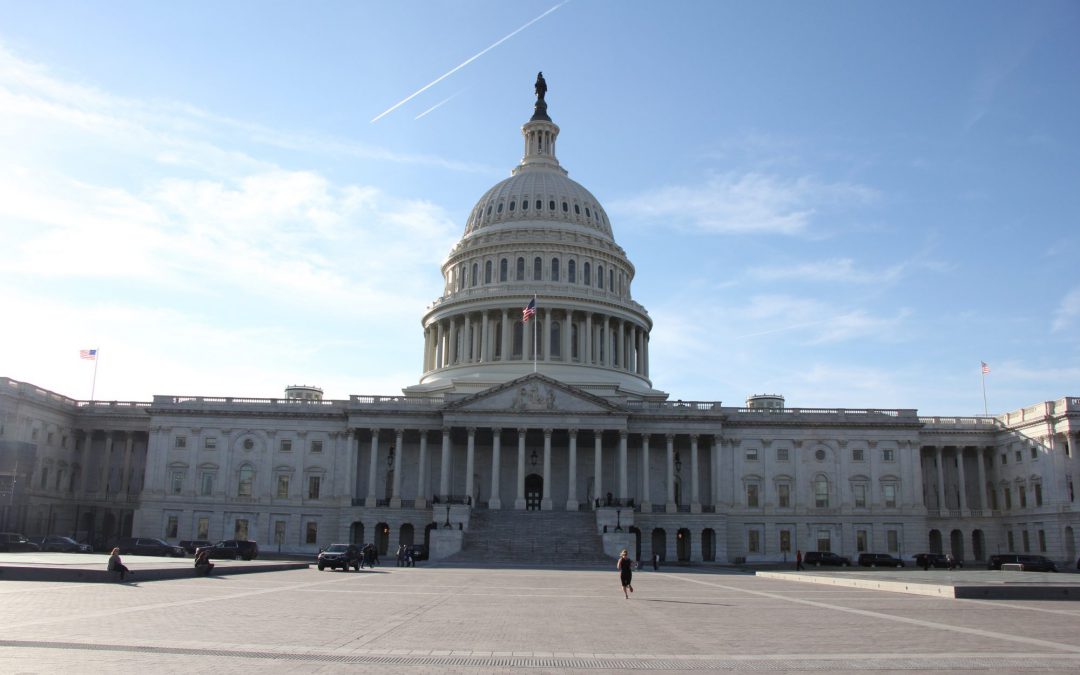WASHINGTON — Policy advisers and fellows from non-government organizations pressed members of Congress on Wednesday to impose and enforce harsh sanctions on Iran after Hamas‘ surprise attack on Israel earlier this month.
The State Department says Iran has provided Hamas with up to $100 million annually. Witnesses at a House Financial Services subcommittee hearing Wednesday said the militant group would not have been able to carry out its Oct. 7 attack on Israel without Iran’s backing.
“Without that funding over time, Hamas could not be the capable organization it is today,” Matthew Levitt, a senior fellow at The Washington Institute for Near East Policy, told House members.
The hearing — by the Subcommittee on National Security, Illicit Finance and International Financial Institutions — took place more than two weeks after Hamas, an armed Palestinian militant group, launched a surprise attack on Israel on Oct. 7, resulting in the deaths of more than 1,400 people.
After declaring war on Hamas, Israel launched airstrikes on Gaza in the days that followed. According to Gaza’s health ministry, which is governed by Hamas, at least 5,971 Palestinians have been killed so far in the Israel-Hamas War.
Witnesses at Wednesday’s hearing offered recommendations on ways to limit Iran’s influence in the Middle East, citing the importance of enforcing existing sanctions while calling for shifts in current United States policy toward Iran.
Though the United States. has an arms ban and near-total economic embargo on Iran, both nations still engage in trade relations. According to the U.S. Census Bureau, the U.S. exported $45.5 million in goods to Iran in 2022, while importing $11.2.
Richard Goldberg, senior adviser at the Washington, D.C.-based Foundation for Defense of Democracies, told the lawmakers that the Biden administration has a “sanction non-enforcement” problem toward Iran that must change.
He called on members of Congress to pressure the administration to further enforce sanctions against Iran.
“Lock it down,” Goldberg said. “You can do it because the administration won’t. Turn the screws on oil sanctions enforcement.”
Levitt, however, expressed a view that sanctions on their own may not limit Iran’s support for Hamas and other militant groups in the Middle East. He stressed the importance of the United States maintaining a credible military threat in the Middle East, which he suggested could be more effective than diplomatic or economic sanctions.
“Sanctions can only solve your problem however long,” Levitt said. “They have to be part of a larger tool kit.”
Subcommittee members also debated the efficacy of President Joe Biden‘s policy toward Iran, with House Republicans saying the administration’s efforts are not forceful enough.
Rep. Blaine Luetkemeyer, R-Mo., the subcommittee chairman, criticized some of the Biden administration’s recent actions toward Iran, suggesting weak enforcement of oil sanctions.
Luetkemeyer also said the administration’s decision to give Iran access to $6 billion in frozen assets in exchange for the release of five American prisoners was “naive and irresponsible.”
Since Hamas’ attack on Israel earlier this month, several high-profile Republicans – including former President Donald Trump – have suggested that the Biden administration is complicit due to the transfer.
In addition, Rep. Dan Meuser, R-Pa, suggested that the Biden administration has an “affinity and affection” for the Iranian regime.
Ranking Member Rep. Joyce Beatty, D-Ohio, however, defended the president’s recent actions toward Iran, citing efforts by the Treasury Department to financially hurt Hamas and the Iranian regime through new sanctions.
She said the department is working to prevent “bad actors” in Iran from using illicit activities to launder money.
“The Biden administration has employed a multilateral approach to U.S. national security, overseeing the most significant set of comprehensive sanctions against Iran,” Beatty said.



